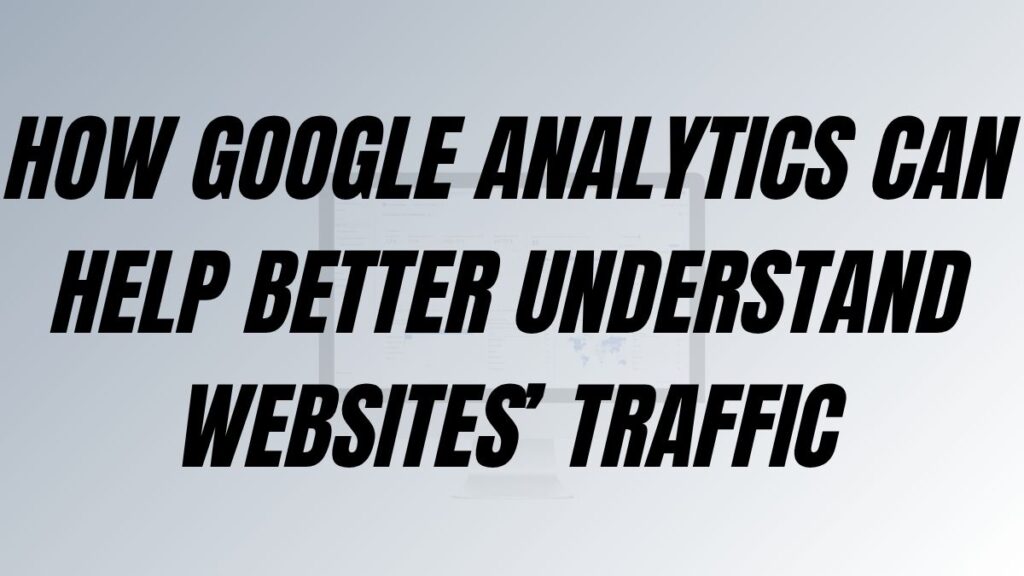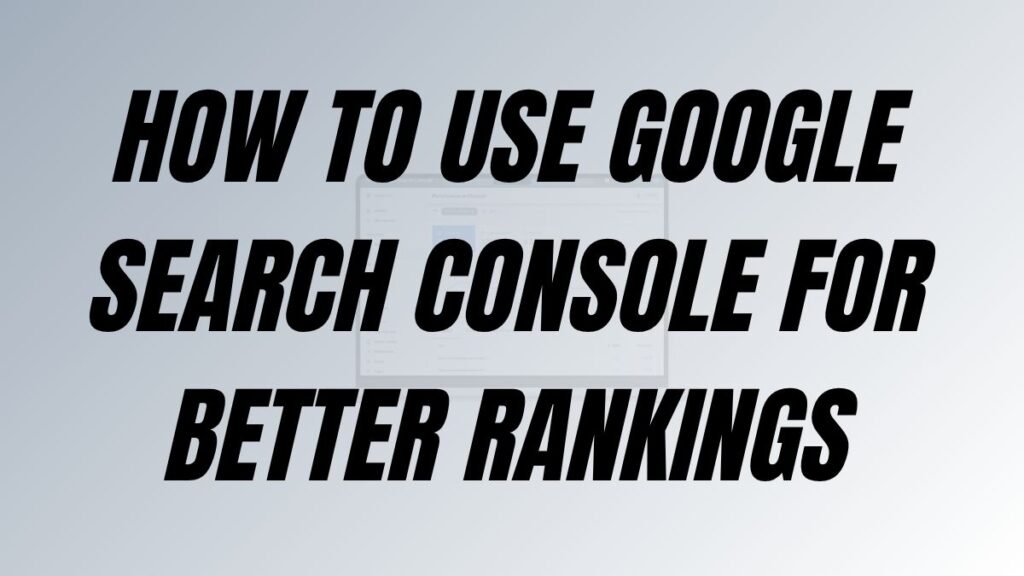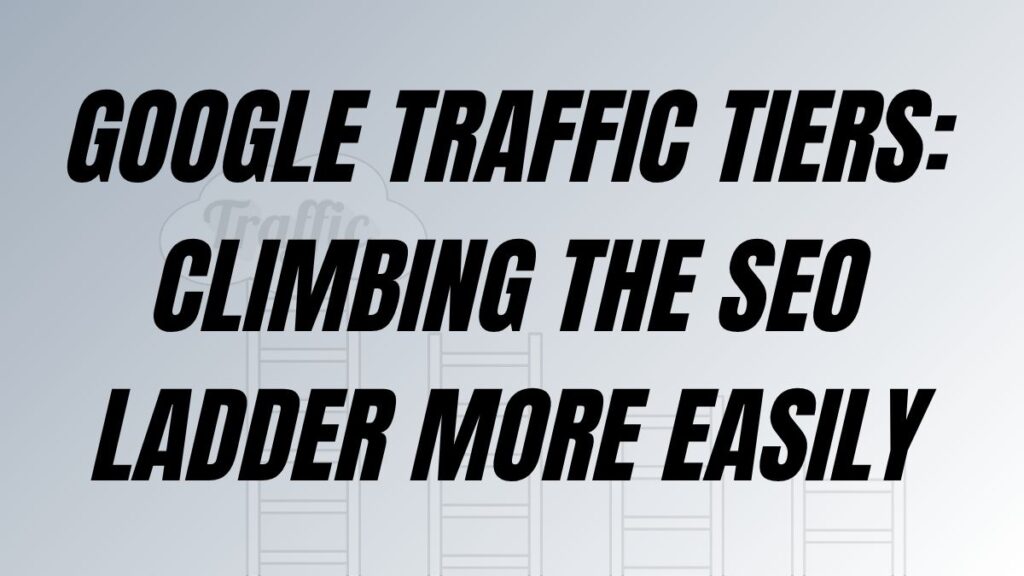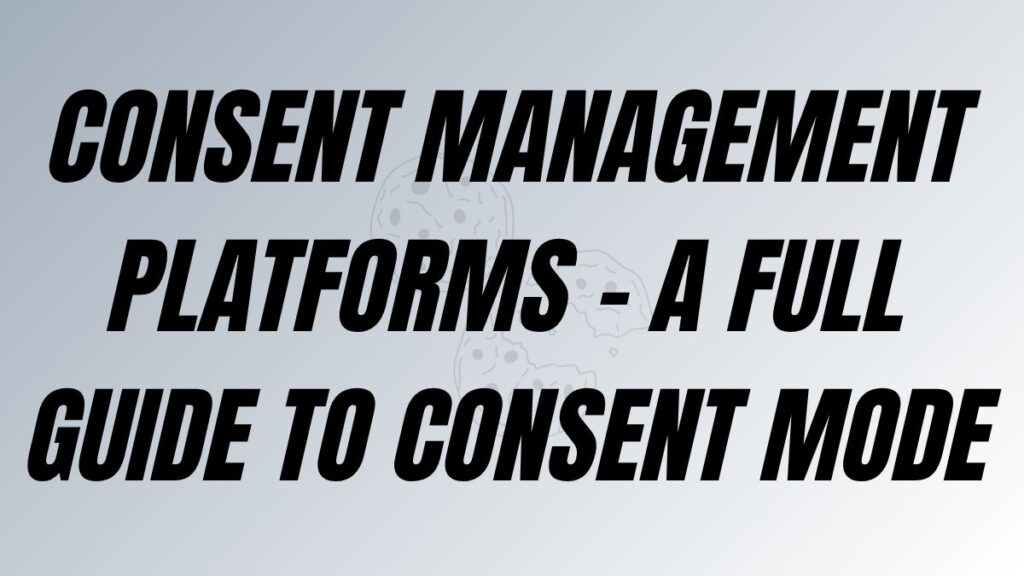The article from Backlinko discusses Google’s E-E-A-T framework, which stands for Experience, Expertise, Authoritativeness, and Trustworthiness. With this framework used by Google, you can evaluate the quality and credibility of content. The article emphasises the importance of demonstrating E-E-A-T in content creation, particularly in the context of search engine optimisation (SEO).
Understanding Google E-E-A-T
E-E-A-T is a set of criteria that Google uses to assess the credibility and quality of online content. The acronym breaks down into four key components:
- Experience
Refers to the extent of first-hand or life experience the content creator has with the topic. - Expertise
Reflects the author’s level of knowledge or skill on the topic. - Authoritativeness
Measures the extent to which the content creator or the website is known as a go-to source and is well-established and respected in the field. - Trustworthiness
Assesses the level of accuracy, honesty, safety, and reliability of the website.
Demonstrating Google E-E-A-T
The article highlights the importance of demonstrating E-E-A-T in content creation. It is not enough to simply list an author’s name; providing additional information about the author, such as their background and expertise, can significantly enhance the credibility of the content. The article also suggests showing the date when you last reviewed and updated the content. This can help users trust that the content is accurate.
SEO Implications
The article implies that Google E-E-A-T has become increasingly important in ensuring that content aligns with what Google’s ranking systems reward. It shares an example of how SEO expert Matt Digity used AI to create content that met E-E-A-T standards and achieved significant traffic.
Conclusion
In summary, the article emphasizes the significance of Google’s E-E-A-T framework in evaluating the quality and credibility of online content. It provides guidance on how to demonstrate E-E-A-T in content creation, highlighting the importance of showcasing author expertise, providing updates, and ensuring trustworthiness. The article also touches on the SEO implications of E-E-A-T, suggesting that Google’s ranking systems is more likely to reward content that meets these standards.
To find out more about Google Tools




> Discover the pages about SEO
🧠 How To Drive An Effective SEO Strategy For B2B SaaS Businesses
➡️ Mastering Keyword Research: A Practical Guide for SEO Success
✍️ Content Marketing That Works: Practical Strategies For B2B Success

